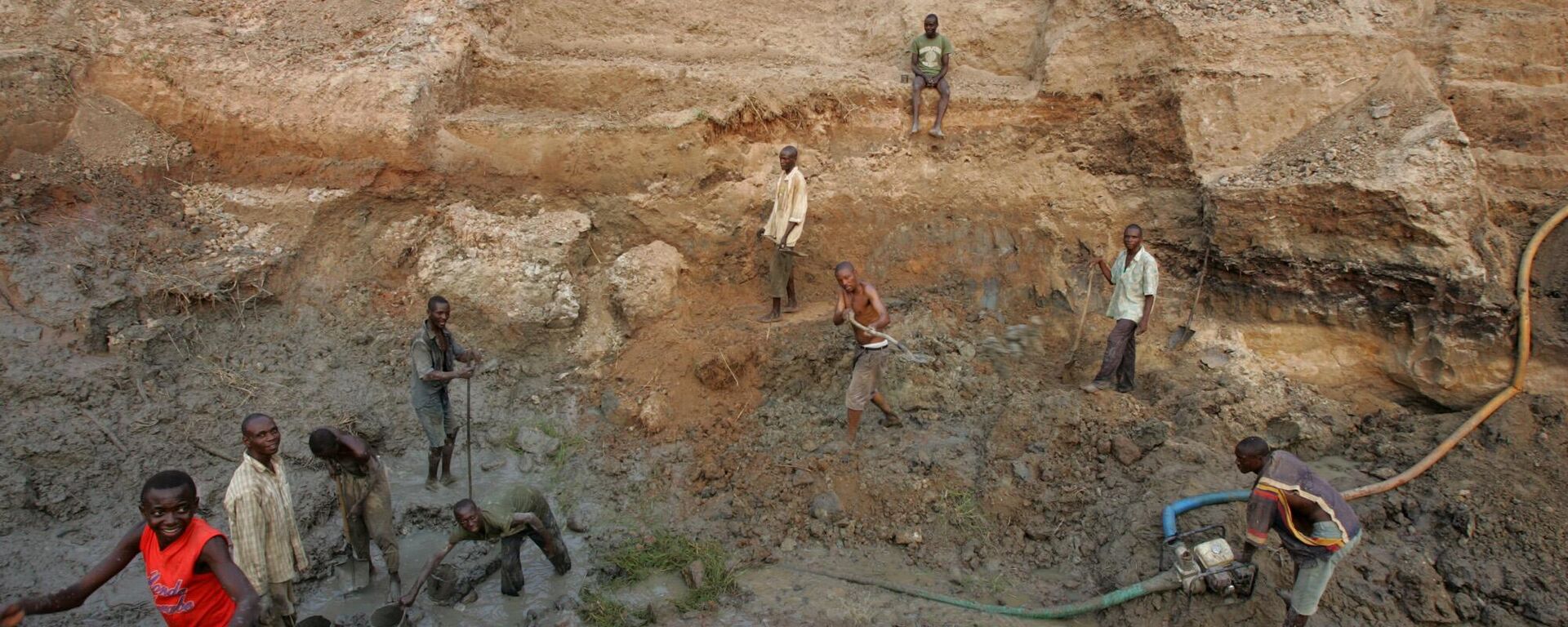Founder of Uganda's The Independent Questions Necessity of FDI for Africa's Development
18:49 16.09.2024 (Updated: 12:42 17.09.2024)

© Sputnik . Svetlana Shevchenko
Subscribe
Research indicates that although foreign direct investment (FDI) can foster positive development in Africa, it may also lead to adverse effects such as increased income inequality, environmental harm, and resource exploitation. Inadequate management of FDI can also result in dependency on foreign capital and economic instability in local markets.
In Andrew Mwenda's op-ed Africa and the curse of foreign ideas, he challenged the widespread belief in Africa that FDI is essential for development.
He argued that African leaders prioritize foreign investors over local ones, treating them as saviors of growth, despite limited evidence that FDI leads to long-term development. Mwenda likened the faith in FDI to religious belief, noting that many African nations, except for Eritrea, continue to pursue FDI, even though history shows that countries like China achieved success without heavy reliance on foreign capital.
Mwenda attributed Africa's over-reliance on FDI to what he calls "ideological hegemony." This hegemony creates a dominant narrative that presents the current economic structures, including FDI, as natural and beneficial, even when they primarily serve the interests of the wealthy.
Moreover, Mwenda criticized the influence of Western ideologies on African leaders, civil servants, and academics. According to him, they have been socialized to accept Western economic principles, such as the importance of central bank independence, inflation control, and deregulation, as neutral and beneficial. However, he believes that these ideas primarily serve the interests of multinational corporations and global capital, rather than local populations.
Finally, Mwenda highlighted the lack of a national bourgeoisie in Africa that could articulate and protect the continent's economic interests. Instead, Africa's elite often collaborates with foreign interests, benefiting personally from jobs and scholarships linked to Western institutions. This perpetuates a system where African states remain under the influence of multinational capital, unable to pursue development strategies that genuinely benefit their people.


